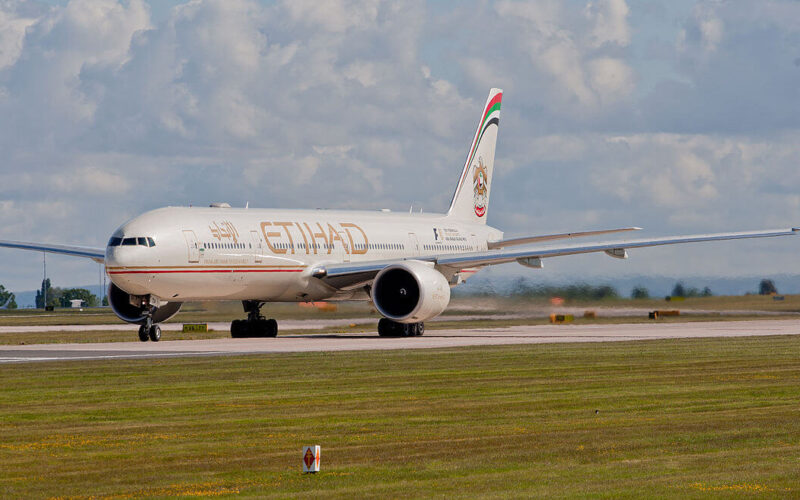Etihad, United Arab Emirates’ second-largest carrier and one of the Middle East’s “big three”, remains optimistic about its current situation, despite the fact that the airline reported continuous losses and was forced to cut thousands of jobs.
Airline’s passenger numbers dropped by 12% in Q1, still ensuring record profits, and by 99% in Q2 2020, as borders were closed due to the COVID-19 pandemic. Starting March 2020, the airline only operated cargo and repatriation flights.
All in all, Etihad announced a $758 million operating loss, as the airline’s revenue dropped down by 38% compared to H1 2019. Its saving grace was the fact that it managed to reduce its direct operating costs by 29% to $1.7 billion. During the first half of the last year, the airline’s operating costs stood at $2.7 billion.
Furthermore, Etihad claims to have greatly reduced operating and administrative costs to mitigate losses, a measure which saw “temporary company-wide salary sacrifices of 25% to 50%” and a number of employees leaving with “incredible dignity”. The company has not disclosed the full count of fired workers, but earlier reports put possible numbers at over 1200, including up to 400 pilots.
During the pandemic Etihad increased its cargo revenue by 37% compared to the same period in 2019, as numerous passenger aircraft, including Boeing 787, 777-300 and Airbus A320 were converted into ad-hoc freighters, and both cargo demand and fares soared.
Historically, Etihad is known for its ability to generate tremendous losses for the UAE despite numerous measures taken to avoid that. By this point, the only remaining question is, how much the pandemic has worsened the airline’s situation.
“While we have revised our outlook for the rest of 2020 based on current realities, we remain optimistic that as international borders re-open,” Etihad’s CEO Tony Douglas is quoted in the release. According to him, the company expects to increase its worldwide flights to half of the pre-pandemic capacity by September.
Half-year, year-on-year operating revenue decrease of 38% could be considered tame in comparison with other large airlines, such as Delta (56% decrease) or Lufthansa (LHAB) (LHA) (52% decrease). Although the financial statement does not include net loss, Etihad’s half-year core operating loss of $758 million is considerably larger than the $586 million in H1 2019. The airline ended the year with a massive $870 million net loss for the company.

